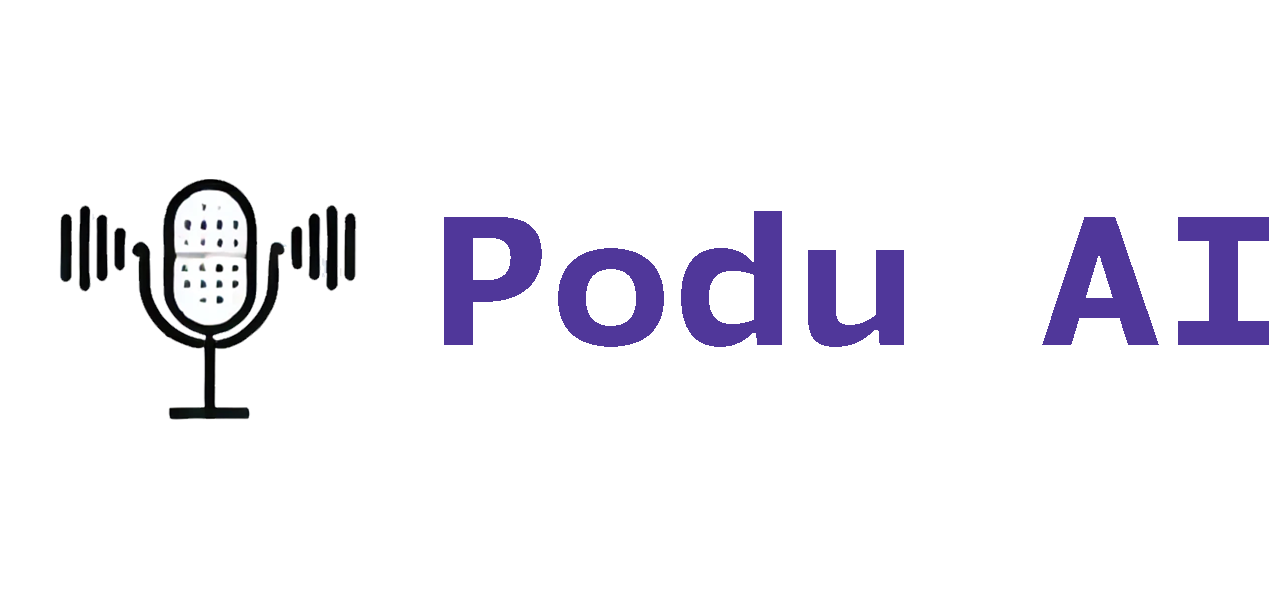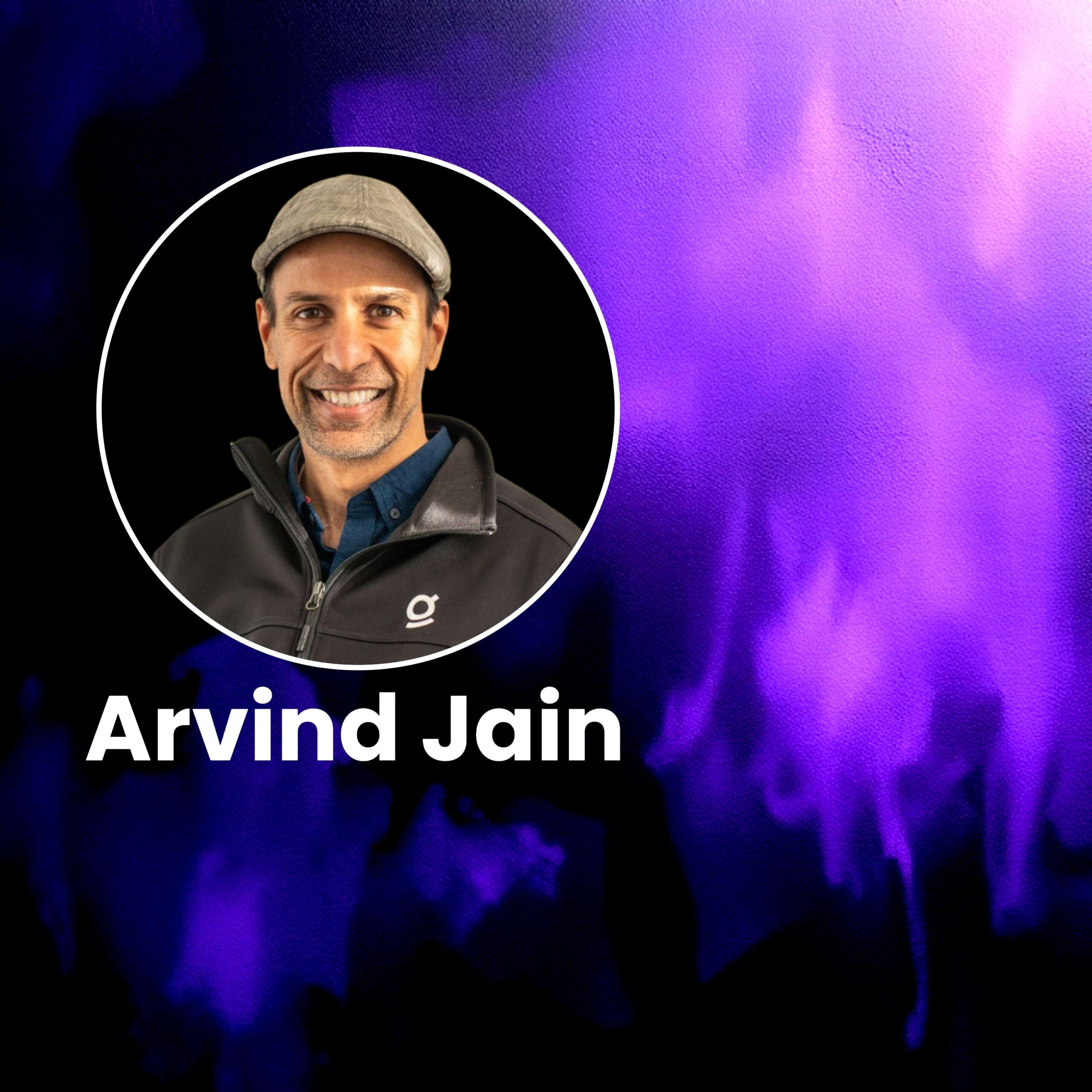
Arvind Jain, Founder & CEO of Glean, is no ordinary tech entrepreneur. As a former Distinguished Engineer at Google and co-founder of Rubrik, Jain brings a depth of experience in cloud data management and network optimization. His latest venture, Glean, is a powerful AI-driven work platform that seeks to revolutionize how employees access information within their organizations. Since its founding in 2019, Glean has quickly gained traction as a leader in workplace search technology, achieving a valuation of $4.6 billion with support from prominent investors, including Sequoia Capital and SoftBank Vision Fund 2.
In his upcoming session at the GenAI Summit, Jain will discuss Glean’s mission to “unlock employee productivity” by connecting users to their company’s vast internal knowledge, streamlining workflows, and enhancing collaboration. This session promises to delve into how AI can be a transformative tool for productivity, while also addressing some of the philosophical questions around AI’s role in our work lives.
Glean: The Ultimate Workplace Search Solution
At its core, Glean is designed to connect employees to all of their company’s data through a single, intuitive search bar. The platform integrates seamlessly with existing tools like emails, internal wikis, and project management software, pulling relevant information from across these sources. For new hires, this means no more sifting through outdated onboarding documents or interrupting busy colleagues; they can simply ask Glean about anything from company policies to specific workflows.
But Glean’s capabilities go beyond simple search. It leverages Large Language Models (LLMs) to understand complex queries, allowing users to ask nuanced questions about dense technical documents or intricate project details. For instance, a user could ask Glean to summarize a lengthy legal document or provide insights from a technical report. Glean distills the information, translating jargon into plain language, which helps users work more efficiently and independently.
Real-World Benefits: From Task Automation to Knowledge Sharing
Jain’s vision extends to other facets of employee productivity, including content creation and task automation. Need to draft a report? Glean can analyze relevant data, suggest key points, and even help write sections, acting like a collaborative partner for tasks that traditionally require extensive research. This feature is particularly valuable for knowledge-sharing and cross-functional collaboration, ensuring that everyone in the organization has access to the same insights, which fosters faster, more informed decision-making.
Glean and the Future of Work: A Balanced Perspective on AI
Beyond functionality, Jain’s session will explore the deeper implications of integrating AI into the workplace. While AI tools like Glean promise to free employees from mundane, repetitive tasks, allowing them more time for creativity and strategic thinking, Jain acknowledges the need for a balanced approach. The potential risk of over-reliance on AI, which could erode critical thinking skills and judgment, underscores the importance of fostering a healthy collaboration between humans and machines.
In Jain’s words, Glean is not about replacing employees but rather empowering them to work smarter. AI is positioned as an augmentation tool, handling tedious tasks like data entry and document summarization, while humans focus on creativity, problem-solving, and relationship-building. This approach envisions a workplace where AI does the heavy lifting in information retrieval and synthesis, allowing people to apply their unique strengths.
The Philosophical Side of AI Integration
Jain is also aware of the philosophical questions AI raises, such as how much control humans should retain over their workflows and data. In his talk, he will likely address how employees can set clear goals and boundaries to ensure that AI serves human needs, not the other way around. This “collaborative” view of AI invites employees to define the scope and ethical boundaries of its usage, making Glean as much a partner as it is a tool.
Unlocking Potential: A Roadmap to the Future
As companies increasingly integrate AI to unlock employee potential, Jain’s message is clear: it’s not about working harder; it’s about working better. For Glean users, this means embracing AI as a resource to streamline tasks, facilitate communication, and ultimately, create a more efficient, innovative workplace.
With Glean, Jain is building more than a tool; he’s creating a new paradigm for productivity. By making AI intuitive and accessible, he is helping businesses harness the power of their data, unlocking new levels of productivity that are poised to redefine the future of work. Jain’s session at the GenAI Summit will provide an invaluable perspective on this evolution, giving attendees insights into how AI can empower them to reach their full potential.

